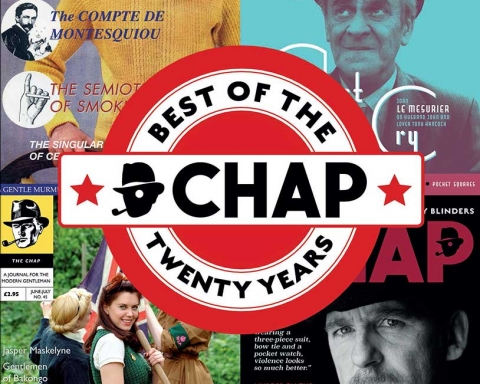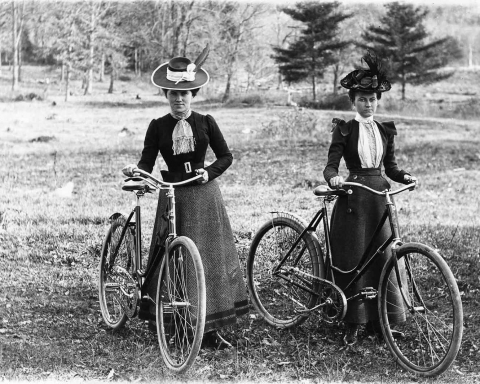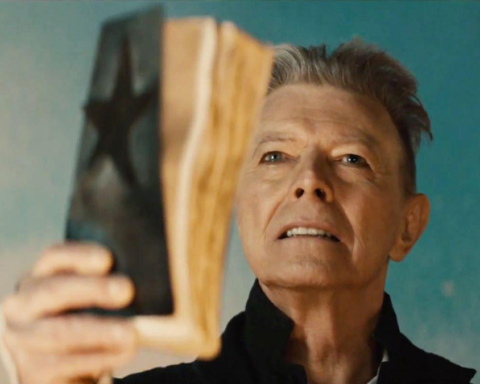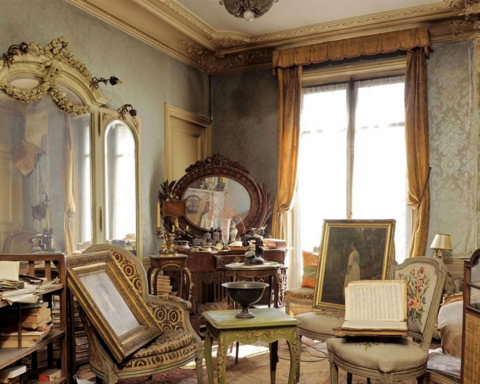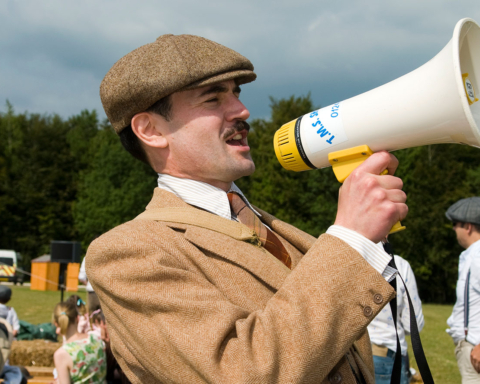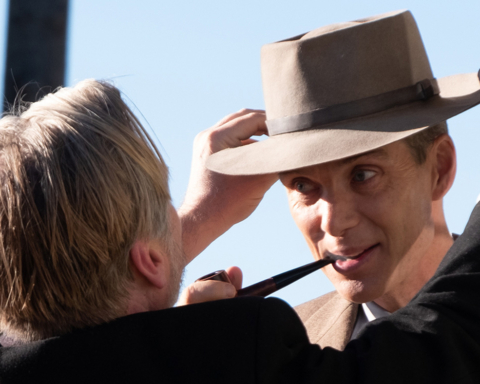Steve Pittard:
Charters and Caldicott, two cricket obsessed English gents, stole the show in Hitchcock’s The Lady Vanishes. Cinema audiences chortled at the whimsical badinage between the bluff heavy-set Basil Radford (Charters) and dapper mild-mannered Naunton Wayne (Caldicott ). Their marvellous rapport owed to inspired casting, as the chaps had only met once before, appropriately during a theatrical cricket match. Wayne’s background was light entertainment, in musicals such as Going Gay, while Radford was predominantly a straight actor.

At the start of The Lady Vanishes, set in 1938, an avalanche sees Charters and Caldicott holed up in a Balkans hotel. They talk earnestly of England being on the brink, and the awfulness of their communications cut off in a time of crisis. However, they aren’t referring to the storm clouds gathering over Europe but of the unfolding Manchester Test. Frustrated at being kept in the dark, Charters intercepts a guest’s phone call from Blighty. However the caller hasn’t the foggiest idea about the state of play, as an aghast Charters – “You can’t be in England and not know the Test score!” – slams down the receiver in disgust…“the fellow’s an ignoramus.”
Later, when aboard a transcontinental train, a young socialite Iris Henderson (Margaret Lockwood ) is kicking up the devil of a fuss trying to convince fellow passengers that an elderly spinster, Miss Froy, has mysteriously disappeared. Charters and Caldicott are quizzed but dead bat any suggestions of noticing Miss Froy in the dining car, as they were deeply engrossed in a cricket discussion. Iris protests, “I don’t see how a thing like cricket can make you forget seeing people,” as an indignant Charters counters, “Oh don’t you. Well if that’s your attitude there’s obviously nothing more to be said! Come Caldicott!…a thing like cricket!”
However, they did know Miss Froy… all too well. Her request for the sugar bowl had scuppered Charters’ demonstration – the scattered sugar lumps representing fielding positions – of how Wally Hammond fell victim to an umpiring howler. They are loath to lend any credence to Iris’s story, as the merest whiff of foul play would mean a delay, thereby missing the Basle connection and moreover the last day of the match. After an eventful journey, involving a shoot out with dastardly Krauts, they arrive home in good time but are dashed when alighting from the train to spot a billboard: TEST MATCH ABANDONED – FLOODS.

Their comical cameos went down a storm and the chums reprised their double act in Night Train to Munich (1940). Caldicott is taken aback to see his old Oxford pal Dicky Randall (Rex Harrison) swanning around as a monocled Gestapo officer. Charters muses whether Randall might be a traitor but Caldicotts pooh poohs such an idea, noting that Randall once played for the Gentlemen. Discovering that the leg-break bowler’s cover has been blown they tip him off by tampering with a waiters tray. Caldicott, remembering Randall always had doughnuts sent up to his room for afternoon tea, hides a note under said confection warning him he’s “batting on a sticky wicket”. It turns out Randall’s penchant was for rock cakes but, no matter, he makes good his getaway despite Charters, posing as his German chauffeur, driving on the left.
Crook’s Tour (1941) sees the cricket loving coves take centre stage with another ill-timed sojourn, during a West Indies visit. Bungling from Bagdad to Bulgaria, the intrepid Englishmen once more unwittingly get mixed up in espionage and somehow foil a plot to wreck a British oilfield.
The actors appeared together in many other films. For copyright reasons they were not always called Charters and Caldicott but were unmistakably the same characters; overgrown public schoolboys, permanently baffled by foreigners, women, and the working classes. They viewed life through the prism of cricket. Playing a bachelor boffin, Wayne’s character summed up a lawyer acquaintance (and former Surrey cricketer) as a “Nice chap” though “too inclined to nibble at the loose ball I always thought” It’s not cricket (1949) sees them play a couple of ex military men, Major Bright and Captain Early, now turned private dicks. The priceless pair are at the crease when an old Nazi adversary, Otto Fisch (Maurice Denham), pretends to be a fielder and purloins the ball, taking off in a jalopy. The outraged Englishmen commandeer a tractor and are forced to take extreme action – driving across the pitch and flattening the stumps – in order to get their ball back, which on closer inspection unscrews to reveal a stolen diamond within.

Basil Radford and Naunton Wayne were now national treasures, as inseparable “as mild and bitter or mustard and cress”. In 1952 their inimitable partnership was broken when Basil was clean bowled by a heart attack while reaching for a beer in a Mayfair restaurant. Naunton’s innings ended in 1970, but their screen personas lived on. A 1979 remake of The Lady Vanishes featured Arthur Lowe as Charters alongside Ian Carmichael. The crass production did them few favours. The American scriptwriter didn’t know the first thing about cricket, and in his initial draft had Len Hutton referred to as a bowler! Luckily Carmichael, an MCC member, put matters right.
In Keith Waterhouse’s agreeable 1985 serial Charters and Caldicott the eponymous duo are now retired…that’s assuming they ever worked. Robin Bailey, who had previously played the crusty Brigadier in Tales from a Long Room was first-rate as Charters with the impeccably mannered Michael Aldridge the perfect foil. During one of their monthly lunches at the Pall Mall club the old buffers have a difference of opinion concerning a batting statistic in a Times obituary and repair to Caldicott’s apartment to consult the relevant Wisden. There they discover a dead girl’s body and, equally shocking, an error in Wisden, which they conclude must contain a coded secret message. They investigate the rum business with the denouement taking place during a real Old Trafford Test. There Charters and Caldicott have to contend with such disgraceful behaviour as a blackguard brandishing a revolver and ladies entering the members enclosure.


